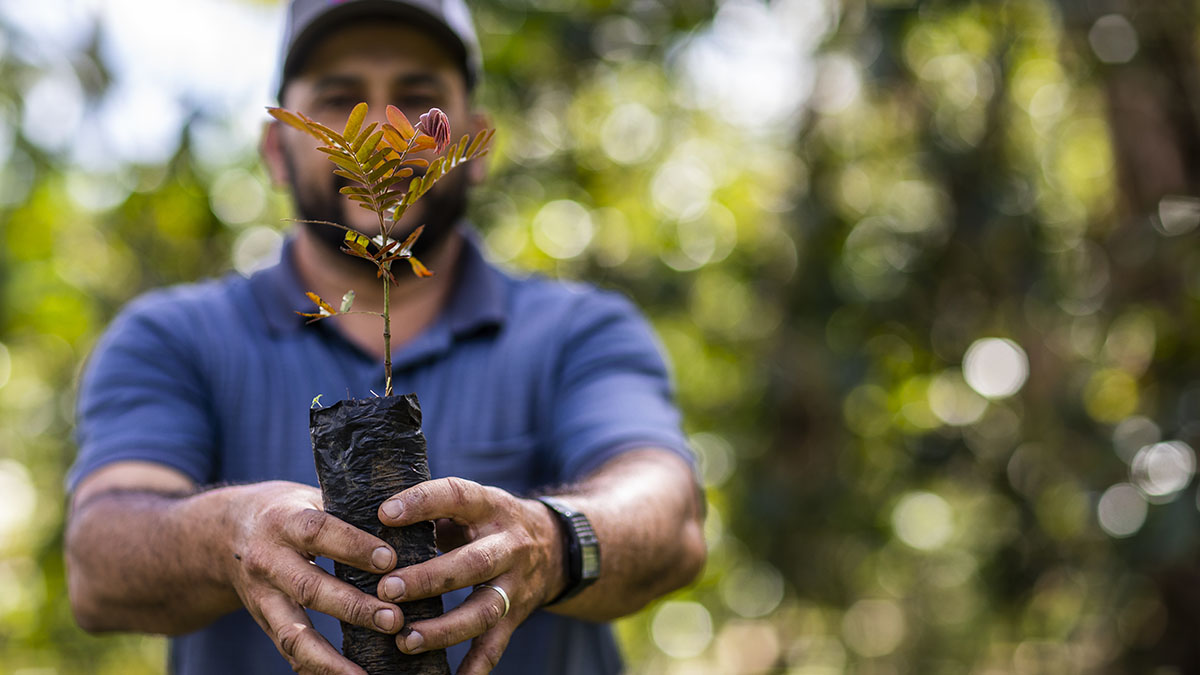Greater access to finance for agri-food SMEs can contribute to regional development by fostering investments in food systems that champion sustainable production and consumption.
Our planet has entered a state of emergency with humankind and nature in grave danger. We have already passed 7 of the 8 planetary limits, and we are experiencing the negative impacts on society, including increased inequality, migration, poverty, and food insecurity.
The World Bank reports that Latin America is responsible for 8 percent of global greenhouse gas emissions. The agricultural sector contributes nearly half of the region’s emissions. Latin America is also an important food producer and provides critical ecosystem services.
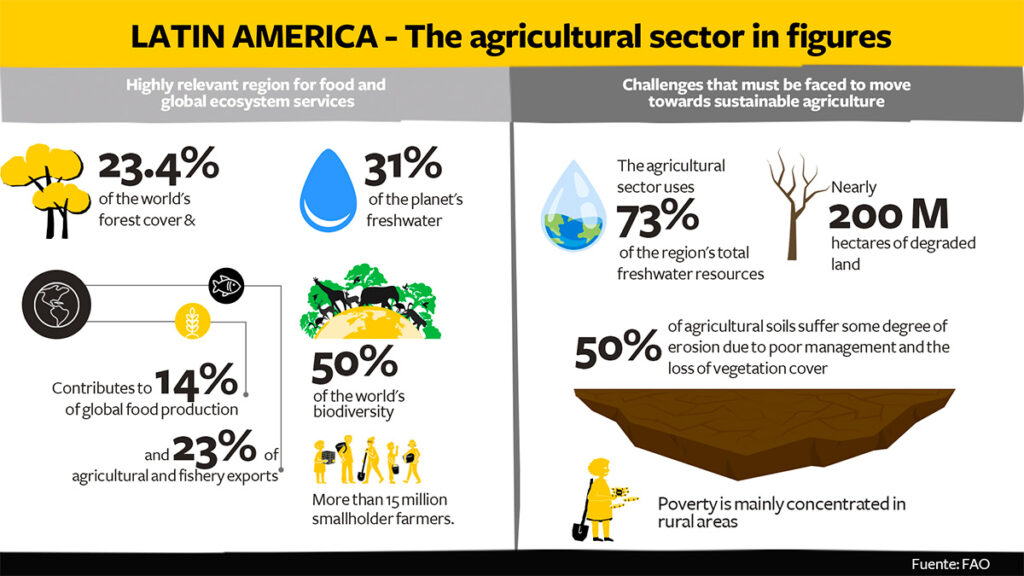
The Intergovernmental Panel on Climate Change (IPCC) has identified climate funding as a key action that can help us meet the challenge of climate change.
What does climate funding mean?
Climate funding is a type of local, national, or international funding that supports the implementation of climate change mitigation and adaptation. The goal is to reduce emissions, improve greenhouse gas sinks, reduce vulnerability, and increase the resilience of humans and ecosystems, as defined by the United Nations Framework Convention on Climate Change (UNFCCC).
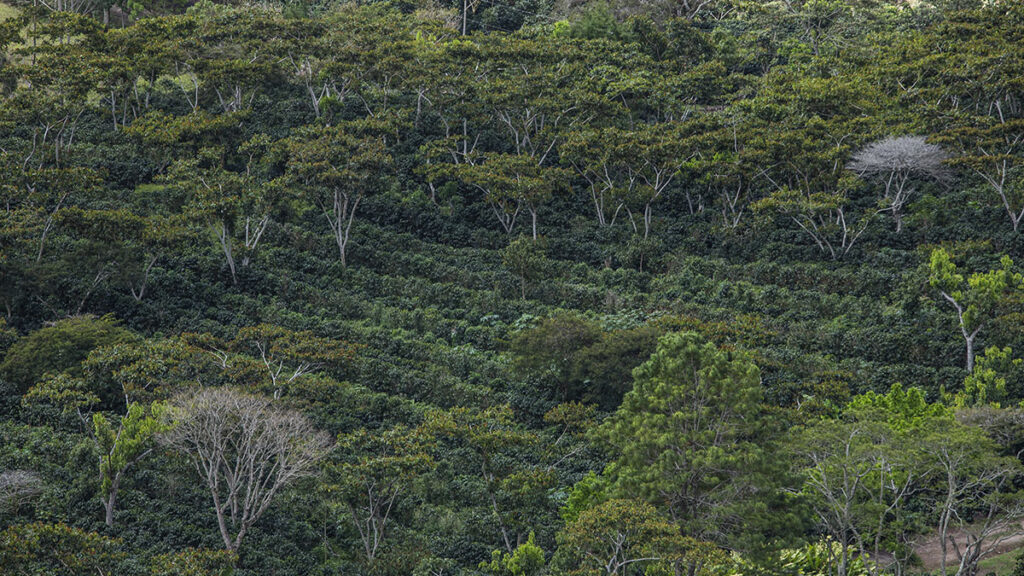
The climate finance report from the Heinrich Böll Foundation shows how in recent years, climate funding in Latin America has concentrated in just a few countries: Brazil, Colombia, Mexico, and Costa Rica. Additionally, mitigation activities, which include forest protection and reforestation, receive five times more funding than adaptation activities. In 2021, a total of USD $811 million was committed to 30 new projects, 91 percent of which are financed by the Green Climate Fund (GCF).
How do we confront the structural barriers to climate finance?
The existence of these funds and financial mechanisms shows a high level of commitment to climate finance, but structural barriers continue to hinder the effective and equitable mobilization of capital, especially in developing countries.
Barriers can include:
- A lack of political commitment. Many governments do not consider climate change a priority, and some developing countries lack the institutional and technical capacity to attract available international funding.
- A lack of transparency and accountability in how climate funds are used can generate distrust among donors. Plus, the bureaucratic complexity associated with applying for and managing funds can be an obstacle.
- High interest rates on loans, which make funding inaccessible for developing countries, not to mention private investments, which are scarce due to uncertainty about long-term financial returns.
With these challenges in mind, Solidaridad has set out to help nurture strong communities that support resilient, low-carbon food production systems. In 2022, along with more than 80 organizations, Solidaridad supported the development of locally-led climate adaptation principles led by the Global Commission on Adaptation. Together, we advocated for a new model of climate finance where local stakeholders have greater power and resources to build resilience to climate change.
On the eve of COP27, we delivered six concrete actions for effective climate finance by stakeholders and policymakers. These actions can enable locally-led adaptation efforts that build resilience and strengthen local institutions to scale up gender equity and tackle socially-inclusive climate action.
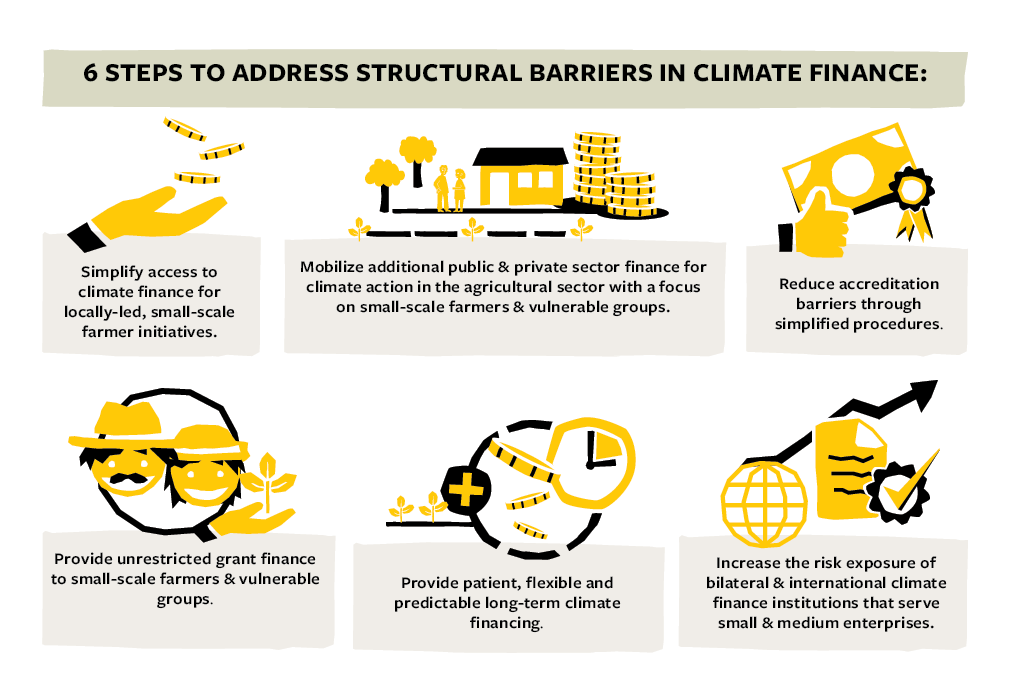
How are we advancing our mission?
At Solidaridad, we have developed initiatives that consider the perspectives of smallholders and small- to medium-sized enterprises and address their needs and the barriers they encounter.
The innovative crowdfunding platform PlusPlus, an initiative led by our partners Lendahand, Cordaid, and Truvalu, has allowed us to promote and mobilize direct financing for agribusiness SMEs.
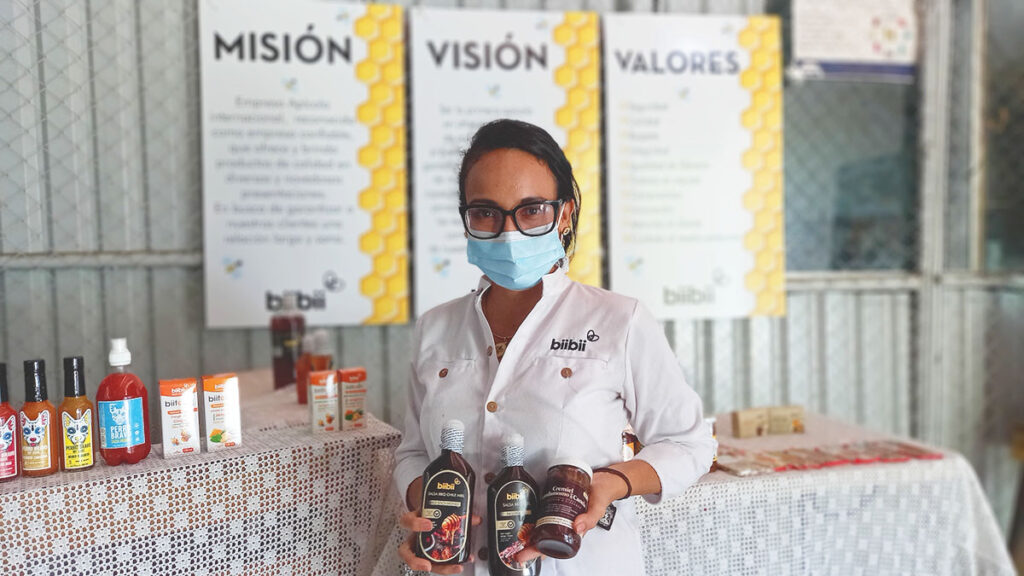
Our work in partnership with Rabobank on the ACORN platform is connecting farmers engaged in regenerative agriculture with carbon markets. The partnership aims to connect a minimum of 100,000 smallholders globally in Central and South America, Africa, and eventually, Asia.
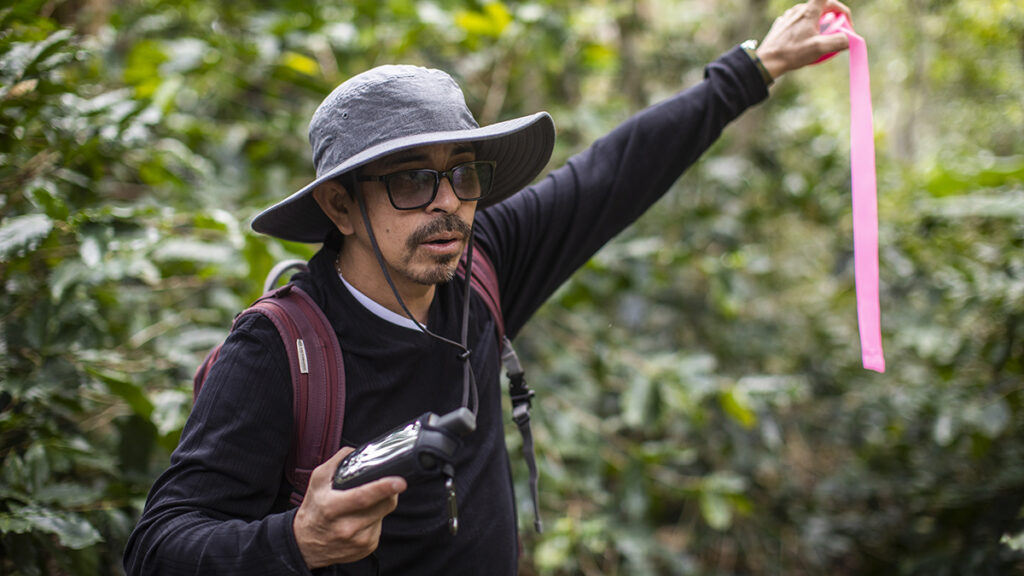
Additionally, Amazonia Connect is an effort to scale low-carbon practices and reduce deforestation in biodiversity-rich regions of Brazil, Colombia & Peru that supply coffee, palm oil and cattle to international and domestic companies. In addition to leveraging and linking USD $5 million in financing and incentives, it counts with the participation of private sector partners. Amazonia Connect is a partnership between USAID, Solidaridad, Earth Innovation Institute, National Wildlife Federation, and the University of Wisconsin-Madison, along with USAID’s Amazon Regional Environment Program.
Addressing climate change requires a commitment to equitably funding adaptation and mitigation. This means incorporating the perspectives and priorities of smallholders as we distribute funding.
Learn more about our initiatives in Latin America and help us provide access to financing for those who need it most, please contact Solidaridad Latin America.
Article originally published in Spanish on LinkedIn by Lucette Martínez, PlusPlus Coordinator Solidaridad in Mesoamerica.

